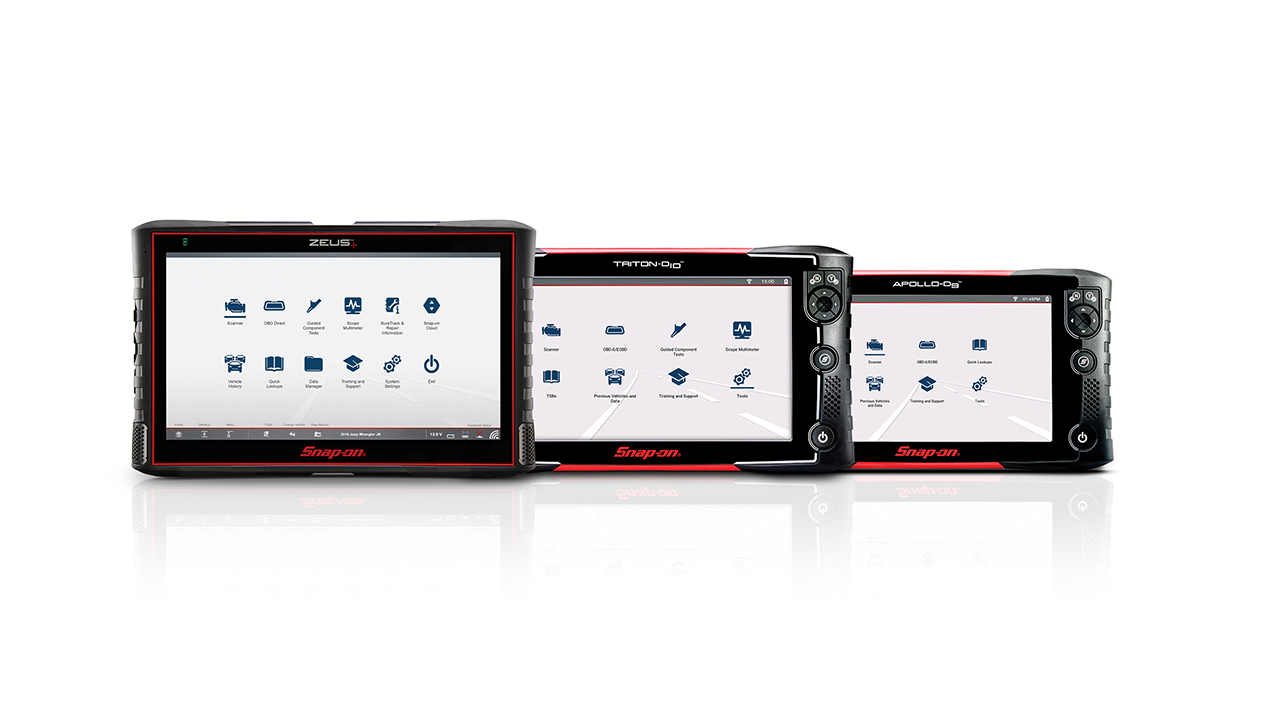Consumers are telling auto manufacturers they want fuel-efficient vehicles; they are reducing how much they drive and they will factor the price of gas into decisions concerning both the timing and type of vehicles they purchase, according to results from a public opinion poll and forthcoming study by the Polk Center for Automotive Studies.
"These consumer attitudes are well supported by Polk’s registration information," said Lonnie Miller, director of industry analysis for the Polk Center for Automotive Studies. "As expected, sales are down in the major gas- guzzling segments: traditional large cars and full-size sport utility vehicles. In May of this year, new retail registrations of these vehicles were down 27 percent from a year ago."
Between news accounts and driver reaction to prices paid at the pump, the effect of increased gas prices is inescapable. Virtually all respondents (99 percent) nationwide have noticed the price of gas rise over the past 12 months. Consumer awareness of gas prices is high. Eighty-eight percent of respondents believe dependence on foreign oil has increased dramatically in the past five years.
Consumers recognize that they have choices when facing increasing fuel expenses. The easiest choice, driving less, is a potential solution for 59 percent of respondents. Hybrid cars, with both gas and electric engines, are appealing to many people. The majority of respondents in the study (84 percent) said they would consider buying or leasing a hybrid car or truck. Consumers in the Western region felt strongest on this issue, with 88 percent saying they would consider a hybrid, whereas only 74 percent of Northeasterners agreed.
Switching to a smaller, more fuel-efficient vehicle is the obvious choice for many. "According to Polk’s consumer loyalty information, we see that loyalty among owners of large cars and full-size SUVs has dropped more than that of any other vehicle segment over the past year," said Miller. "More consumers are opting out of these gas guzzlers for compact SUVs and midsize cars."
Even midsize SUV owners are "downsizing" their vehicles. Defection rates from this segment to compact SUVs are 42 percent higher than those to the full-size SUVs.
While rising fuel prices impact consumers nationwide, the study also notes regional and income trends.
"Certain parts of the population will feel the effects of skyrocketing fuel prices more than others," said Jeff Martini, vice president, Polk Center for Automotive Studies. "These groups are more likely to take action as a result."
More respondents in the Western region (61 percent) reported that fuel prices will affect their next vehicle choice, whereas Midwesterners are most likely to delay their next vehicle purchase. Regarding vehicle choice and purchase timing, Northeasterners were consistently least likely to change their behavior.
Not surprisingly, income level also makes a difference in how consumers respond to rising fuel costs.
"Lower income households will bear more than their share of the rising prices’ impact. Seventy-six percent of lower income respondents reported that they will drive less compared to 49 percent of higher income households," said Martini.
Respondents with lower incomes were about 50 percent more likely to be actively looking to change their vehicle to a more fuel-efficient model than their higher income counterparts. They were also nearly 40 percent more likely to delay their next vehicle purchase if gas prices continue to rise.
A total of 500 vehicle owners, age 21 and older from across the U.S., participated in this study and provided views on this discussion.

